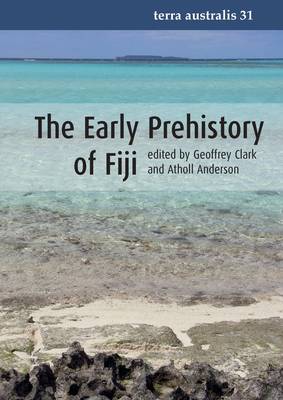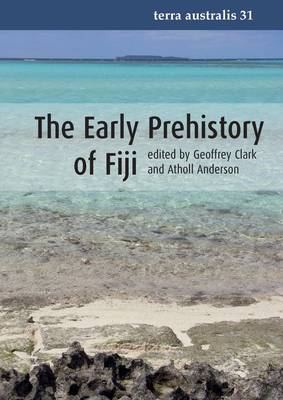
Bedankt voor het vertrouwen het afgelopen jaar! Om jou te bedanken bieden we GRATIS verzending (in België) aan op alles gedurende de hele maand januari.
- Afhalen na 1 uur in een winkel met voorraad
- In januari gratis thuislevering in België
- Ruim aanbod met 7 miljoen producten
Bedankt voor het vertrouwen het afgelopen jaar! Om jou te bedanken bieden we GRATIS verzending (in België) aan op alles gedurende de hele maand januari.
- Afhalen na 1 uur in een winkel met voorraad
- In januari gratis thuislevering in België
- Ruim aanbod met 7 miljoen producten
Zoeken
Omschrijving
I enjoyed reading this volume. It is rare to see such a comprehensive report on hard data published these days, especially one so insightfully contextualised by the editors' introductory and concluding chapters. These scholars and the others involved in the work really know their stuff, and it shows. The editors connect the preoccupations of Pacific archaeologists with those of their colleagues working in other island regions and on "big questions" of colonisation, migration, interaction and patterns and processes of cultural change in hitherto-uninhabited environments. These sorts of outward-looking, big-picture contextual studies are invaluable, but all too often are missing from locally- and regionally-oriented writing, very much to its detriment. In sum, the work strongly advances our understanding of the early prehistory of Fiji through its well-integrated combination of original research and the reinterpretation of existing knowledge in the context of wider theoretical and historical concerns. In doing so The Early Prehistory of Fiji makes a truly substantial contribution to Pacific and archaeological scholarship. - Professor Ian Lilley, The University of Queensland
Specificaties
Betrokkenen
- Uitgeverij:
Inhoud
- Aantal bladzijden:
- 448
- Taal:
- Engels
- Reeks:
- Reeksnummer:
- nr. 31
Eigenschappen
- Productcode (EAN):
- 9781921666063
- Verschijningsdatum:
- 1/12/2009
- Uitvoering:
- Paperback
- Formaat:
- Trade paperback (VS)
- Afmetingen:
- 210 mm x 297 mm
- Gewicht:
- 1433 g

Alleen bij Standaard Boekhandel
+ 141 punten op je klantenkaart van Standaard Boekhandel
Beoordelingen
We publiceren alleen reviews die voldoen aan de voorwaarden voor reviews. Bekijk onze voorwaarden voor reviews.








